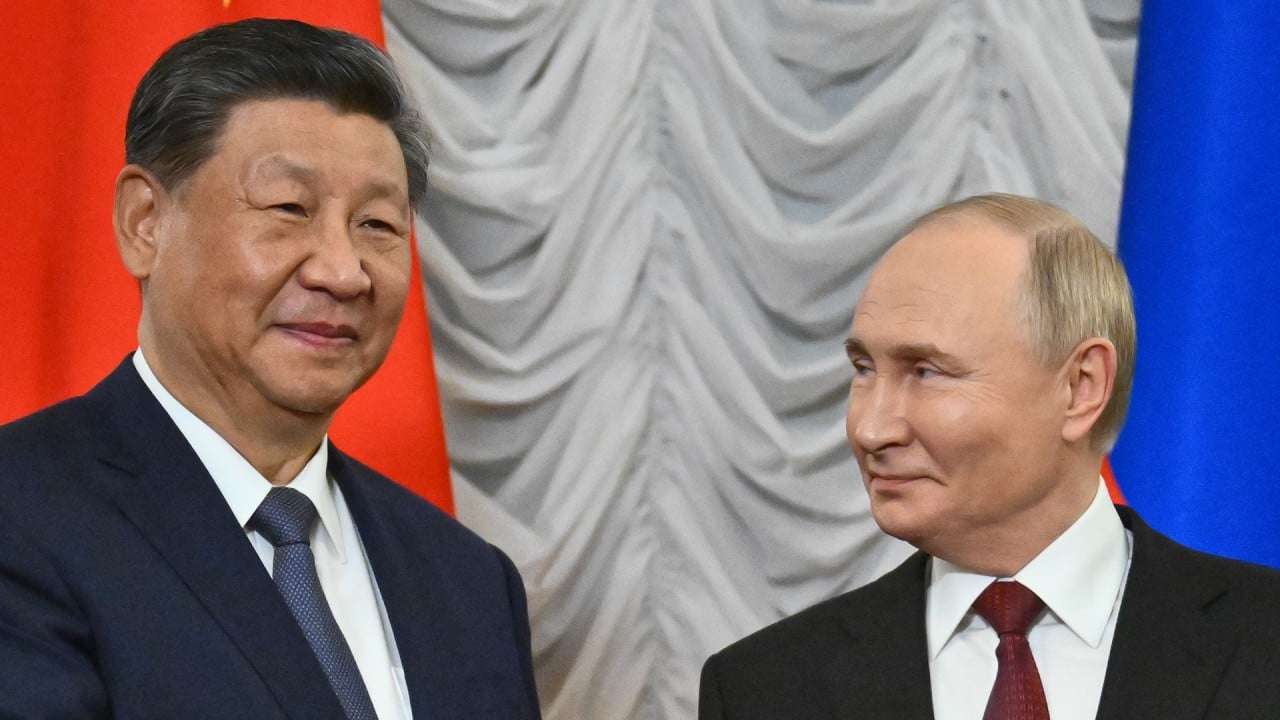New US president must send Beijing, Taiwan clear signals to cut ‘escalation risks’: report
European think tank says Washington’s dual deterrence strategy is ‘the only viable basis for preserving peace across the Taiwan Strait’

The next United States president must make clear that Washington does not seek Beijing’s collapse and should not encourage efforts for Taiwanese independence, a recent think tank report suggested.
Under that strategy, the US seeks to not only deter mainland China from attacking on Taiwan but also to deter Taiwan from declaring independence in case that triggers an attack.
“The US should continue working to persuade China that it would incur devastating military and economic consequences were it to attempt to invade Taiwan,” the report said, adding that part of that effort should involve bolstering Taiwan’s capabilities.

